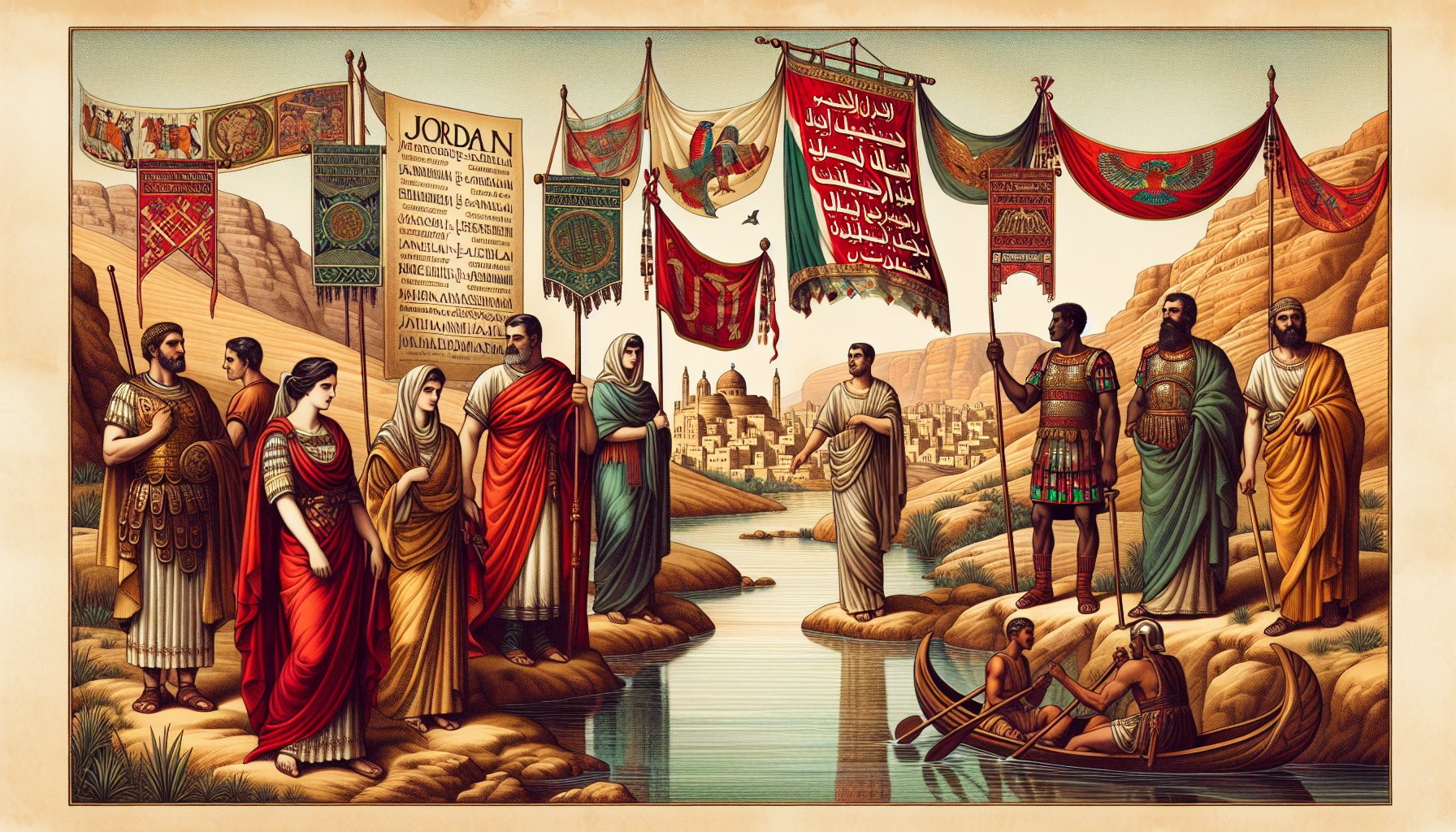The Meaning and Origin of the Name Jordan
Introduction to the Name Jordan
The name Jordan is a timeless and versatile name that has been widely used across different cultures and religious traditions. Known for its deep historical roots and significant religious connotations, Jordan remains a popular choice for parents considering names for their children. This article explores the origin, meaning, and cultural significance of the name Jordan.
Etymology and Historical Origins
The name Jordan is of Hebrew origin, derived from the river Jordan that flows between the countries of Jordan, Israel, and the West Bank. The Hebrew word Yarden, from which Jordan is derived, means to descend or flow down. This etymology reflects the geographical characteristics of the Jordan River, known for its descent from the mountains of Lebanon to the Dead Sea, one of the lowest points on earth.
Biblical Significance
In the Bible, the River Jordan holds substantial spiritual and historical importance. It was the river that the Israelites crossed to enter the Promised Land, and it is where John the Baptist baptized Jesus Christ. Because of these events, the river, and by extension the name Jordan, has come to symbolize transformation, new beginnings, and spiritual journeying in Christian contexts.
Adoption in Western Cultures
The Crusaders, who traveled to the Holy Land in the 12th century, encountered the Jordan River, which increased the river’s significance in the Christian world. They began giving the name Jordan to their children as a form of commemoration. This practice helped popularize the name beyond its Middle Eastern origins, leading to its widespread use in English-speaking countries and other parts of Western Europe.
Variations and Gender Neutrality
Jordan is unique among names for its wide acceptance both as a female and male name. While traditionally considered a male name, especially in its places of origin, Jordan has gained considerable unisex appeal, particularly in English-speaking countries. This flexibility has helped maintain its popularity across time and cultures.
The name also exists in various forms in other languages, enhancing its universal appeal. For instance, it is Jordi in Catalan, Giordano in Italian, Jourdain in French, and Yarden in modern Hebrew. Each variation brings its linguistic twist while retaining the connection to the original Hebrew roots.
Cultural Impact and Modern Usage
The name Jordan continues to be significant in contemporary times, resonating through various spheres of society from literature and entertainment to sports and beyond. Notably, Michael Jordan, an iconic American basketball player, has brought significant attention to the name in recent decades, enhancing its popularity and cool factor globally.
Influence in Popular Culture
The name Jordan appears frequently in popular culture, underscoring its appeal. It can be found in literature and films, often being used for characters that exhibit qualities of leadership and resilience, echoing the name’s historical and biblical associations with a journey and growth.
Conclusion
The name Jordan carries a rich tapestry of historical, cultural, and spiritual significances. From its origins related to a major Middle Eastern river to its adoption in the Western naming lexicon following the medieval crusades, and its widespread use in contemporary society, Jordan is a name that symbolizes depth, transformation, and versatility. Whether chosen for its biblical ties, its pleasing sound, or its gender-neutral qualities, Jordan remains an enduring and beloved name across the globe.







